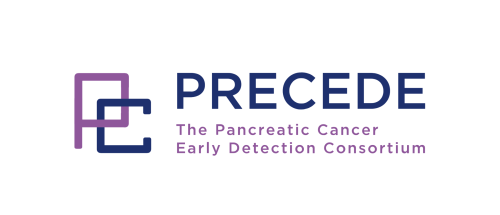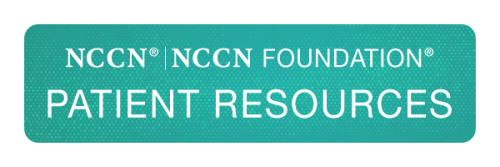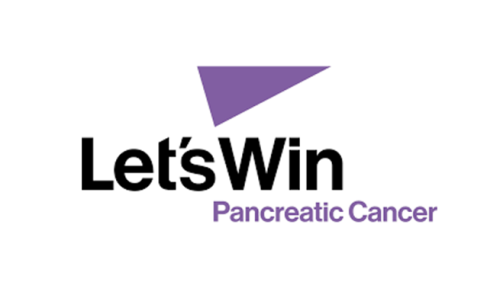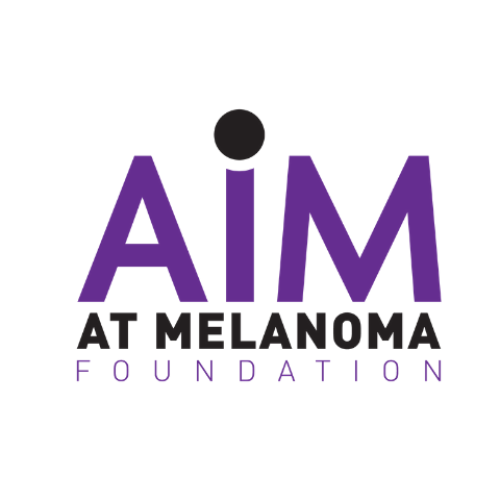CDKN2A: Options for Managing Cancer Risk
Stay up to date on research and information
Sign Up for FORCE NewslettersRisk Management for People with Inherited Mutations
The following are risk management guidelines for people with mutations.
We recommend that you speak with a genetics expert who can look at your personal and family history of cancer and can help you determine the best risk management plan. You can learn more about risk management options for different cancers in our section on Screening and Risk Reduction by Cancer Type.
Melanoma screening and prevention guidelines
Beginning Age |
Recommendation |
10 |
|
Source: CDKN2A Mutations: Cancer Risk and Management Recommendations 2020 (2020). UT Southwestern Harold C: Simmons Comprehensive Cancer Center. |
|
Pancreatic cancer screening options
There are two tests that are used to look for pancreatic cancer in high-risk people.
- MRCP (Contrast-enhanced magnetic resonance cholangiopancreatography) is a special type of imaging that looks closely at the pancreas, liver, gallbladder, bile duct and pancreatic duct to find abnormalities such as cancer.
- EUS (Endoscopic ) involves passing a tiny scope with an attached probe down the esophagus to the stomach. This allows doctors to look closely at the pancreas.
Pancreatic cancer screening guidelines
Beginning Age |
Recommendation |
|
40 (or 10 years younger than the earliest case of pancreatic cancer in the family) |
|
|
Source: NCCN Guidelines: Genetic/Familial High-Risk Assessment: Breast, Ovarian, Pancreatic, Prostate, vs. 2 2025. |
||
More Resources

PRECEDE - Find a Pancreatic Cancer Screening Program
The PRECEDE Consortium is a collaboration of experts working to improve detection and prevention of hereditary pancreatic cancer.
Find a Dermatologist
The American Academy of Dermatology has a tool to find dermatologists by expertise, location or procedure.
NCCN Patient Guidelines for Pancreatic Cancer
The National Comprehensive Cancer Network guidelines help people with pancreatic cancer make informed decisions.
NCCN Patient Guidelines for Melanoma
The National Comprehensive Cancer Network has guidelines to help people diagnosed with melanoma make informed decisions.
Let's Win! Pancreatic Cancer
FORCE partner, Let's Win is a go-to guide with easy-to-understand, actionable content focused on the needs of the patient and caregiver.
AIM at Melanoma Foundation
FORCE partner, AIM at Melanoma Foundation has detailed information to help people understand their diagnosis and treatment options.Participate in Prevention Research
Below are some of our featured research studies looking at new ways to screen for, prevent or intercept cancer in people with mutations. To search for additional studies, visit our Search and Enroll Tool.

Pancreatic Cancer Screening Study (CAPS5)
Clinicaltrials.gov identifier:
NCT02000089

Pancreatic Cancer Early Detection for People at High Risk
Clinicaltrials.gov identifier:
NCT04970056

Blood Markers of Early Pancreas Cancer
Clinicaltrials.gov identifier:
NCT03568630

Pancreatic Cancer Screening Study for High Risk People
Clinicaltrials.gov identifier:
NCT03250078
